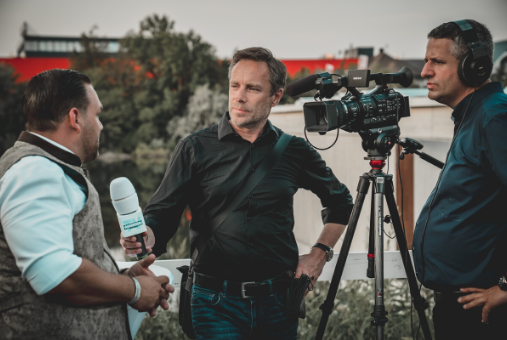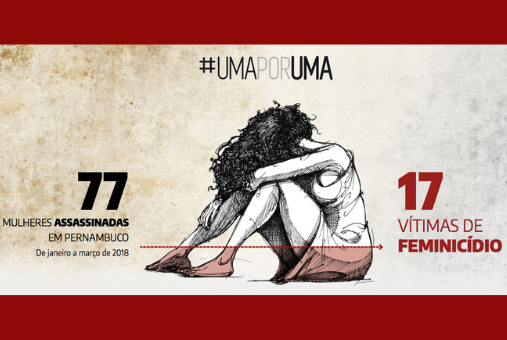
Arbitrary detentions and the cancellation and withholding of passports belonging to two high-profile Venezuelan journalists helped to mark September as another month in a long period of aggressions against the press in the country.
Brazilian journalist, lawyer and writer Otavio Frias Filho died Aug. 21 in São Paulo at the age of 61. Newsroom director for Folha de S. Paulo since 1984, Frias Filho was responsible for the modernization project that made the newspaper a reference around the world for journalism made in Brazil.
Brazilian journalist Claudio Weber Abramo, aged 72, died on Aug. 12 in São Paulo. A mathematician by training and a Master in philosophy, Abramo has been celebrated by his colleagues and friends as a pioneer of data journalism in Brazil and for his unshakeable defense of transparency and access to public information.
In Brazil, children's supplements in large newspapers were kids’ gateways to print journalism and the main space for the development of journalism for children and teens in the country for a long time, according to Juliana Doretto.
"With violence, there is no freedom of expression." This is the name of the campaign launched by the Mexican National Human Rights Commission (CNDH, for its initials in Spanish) with the purpose of raising awareness about the risks faced by journalists, the importance that their work fulfills in society, the need for them to be protected, and the high rates of impunity in cases of violence against them.
Cuban journalists confronting detentions, cyberattacks, blocking of their webpages and other aggressions now have a new manual to help address their physical, mental and digital needs.
Mexican reporter Emilio Gutiérrez Soto, who is seeking asylum in the U.S., was released by U.S. Immigration and Customs Enforcement (ICE) in El Paso on the afternoon of July 26 after seven months in detention.
Peruvian journalist Gustavo Gorriti, director of IDL-Reporteros, and his colleague and cofounder Romina Mella, presented a constitutional complaint for protection before the Constitutional Court of the Superior Court of Justice of Lima, for the continuous and aggressive demands toward their news site.
So at a time when government control over the media is increasing and news sites can be blocked or thrown offline, Dariela Sosa and her team decided to launch a newsletter instead. The result was Soy Arepita, a free email newsletter that makes its way to Venezuelans inboxes every morning, just in time for breakfast.
The Knight Center took advantage of the 13th International Congress of the Brazilian Association of Investigative Journalism (Abraji), which gathered 750 people from June 28 to 30 in São Paulo, to listen to Latin American journalists speak about mistakes made and lessons learned during several years on the beat. From misguided assumptions to care taken with source protection, they offer lessons for novices and veterans in the field.
Mexico held historic elections on July 1 with a landslide victory from Andrés Manuel López Obrador. And in an electoral season of unprecedented violence against politicians and political candidates, the press was also a target.

The project #UmaPorUma (#OneByOne), launched at the end of April, is dedicated to telling the stories of every woman murdered in the State of Pernambuco, Brazil since the beginning of the year.